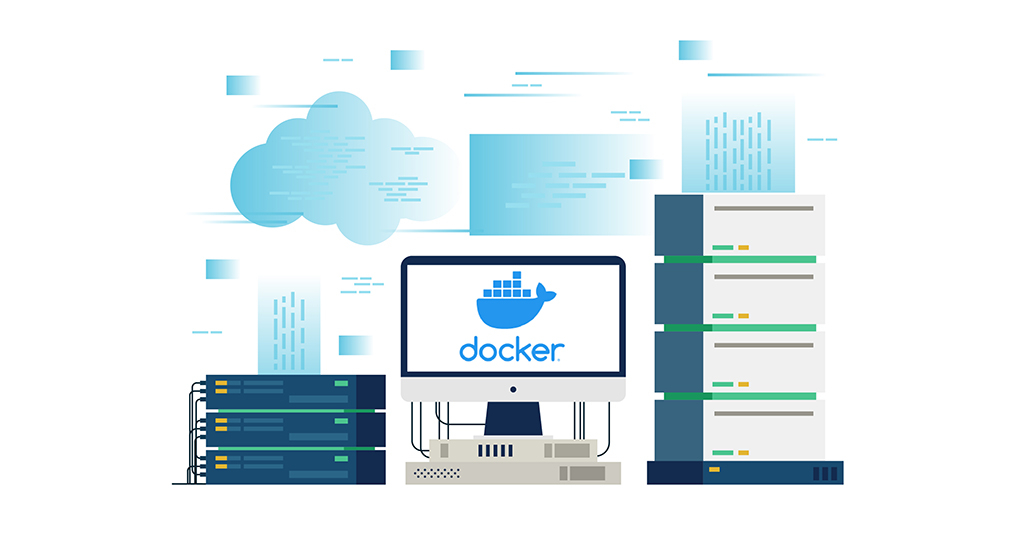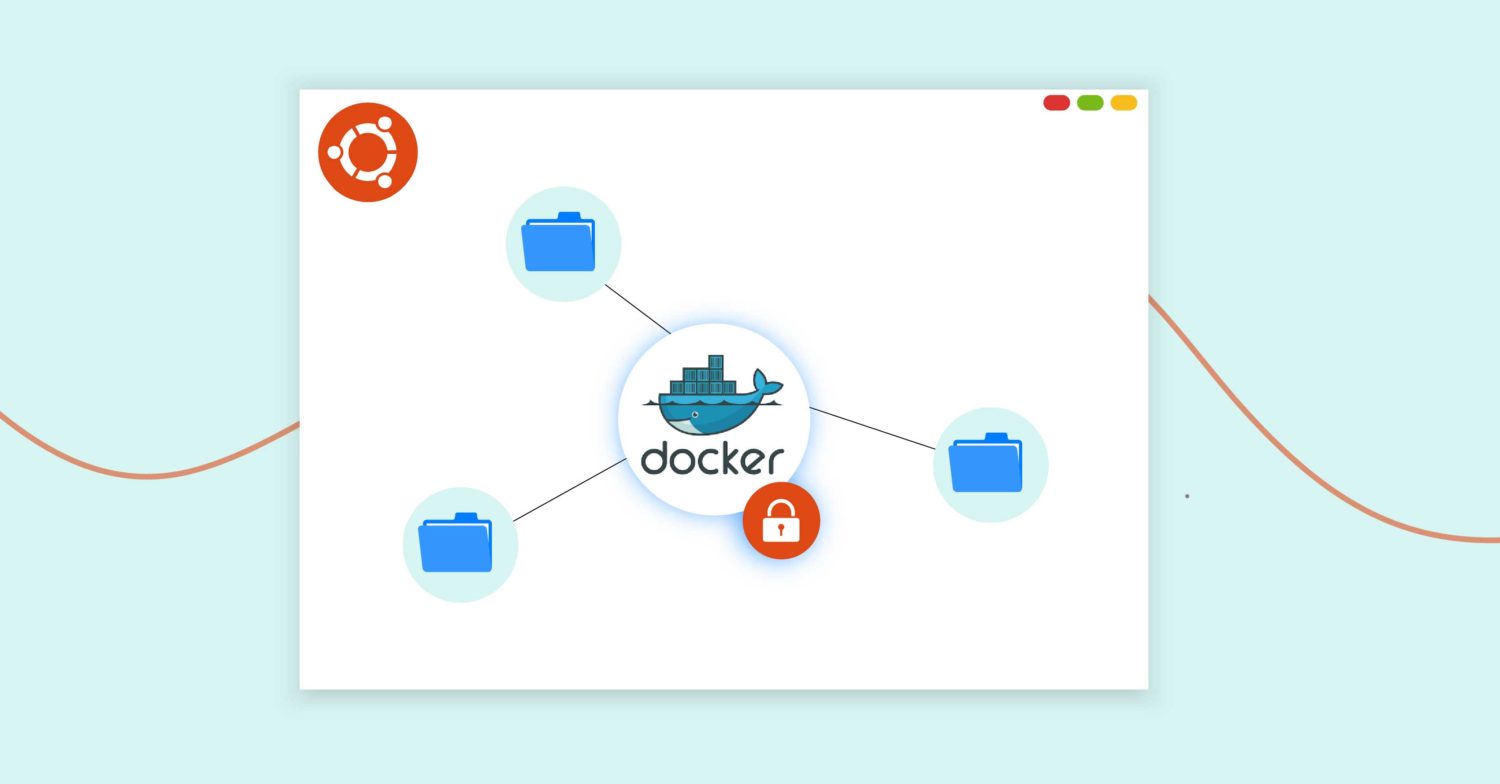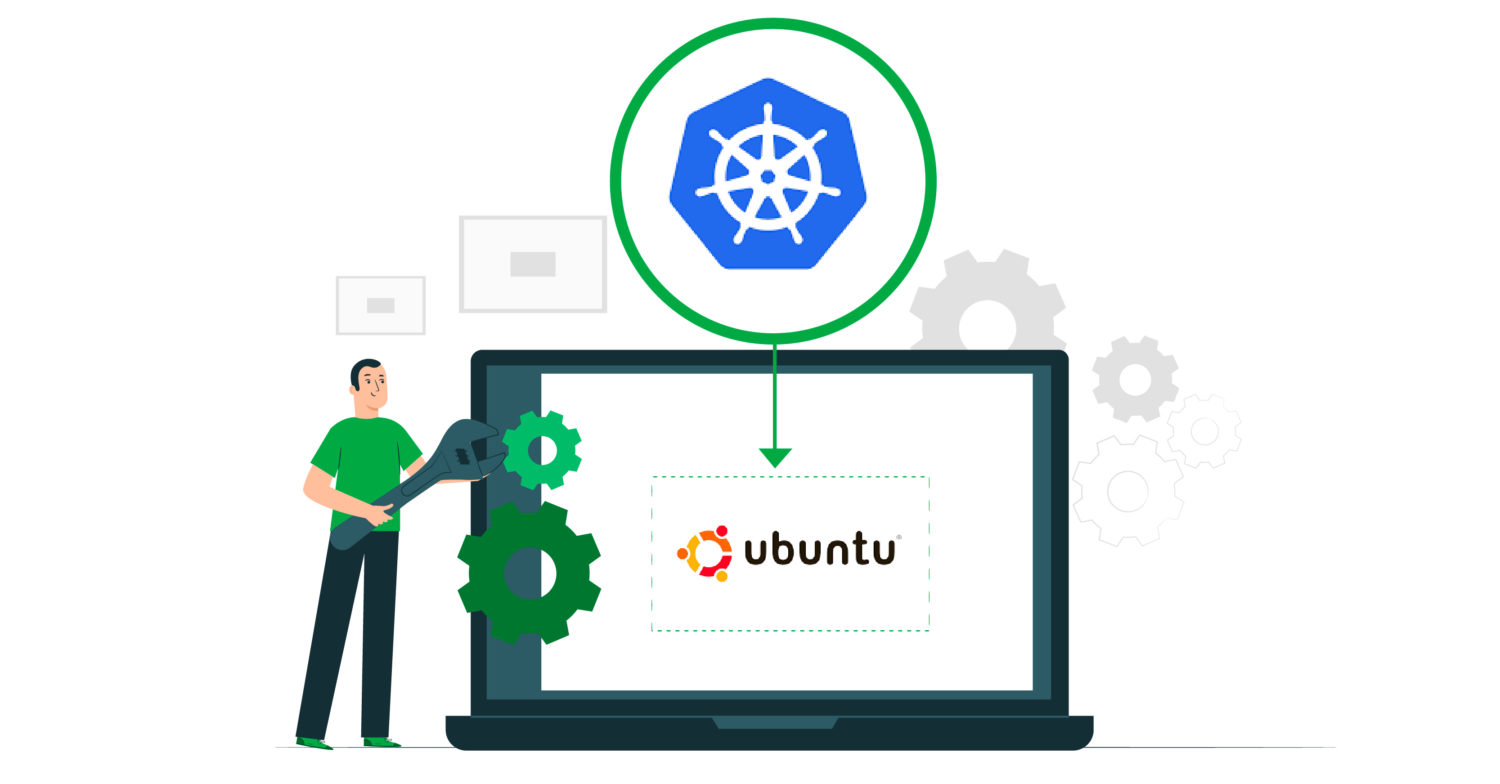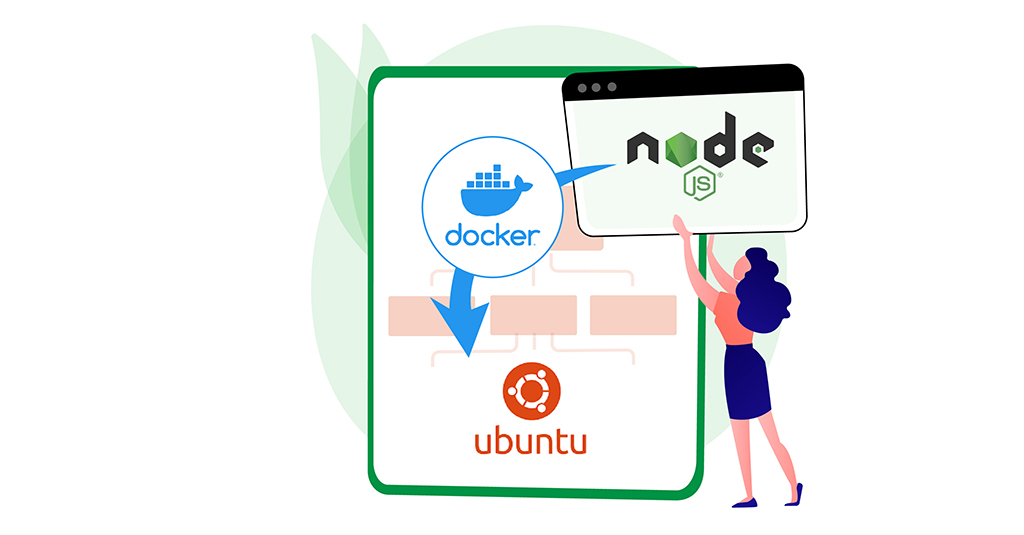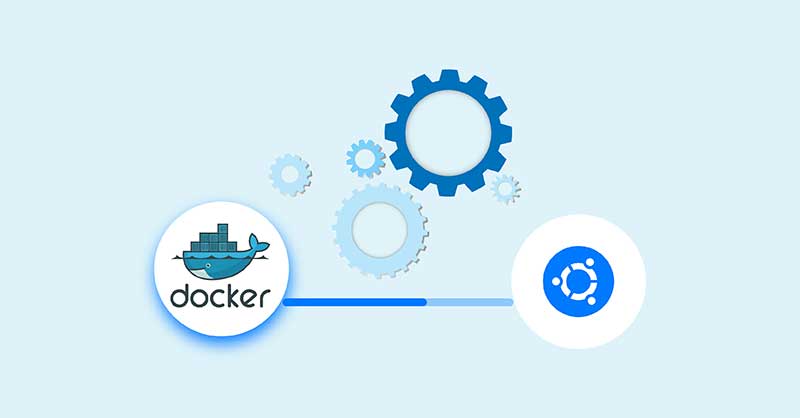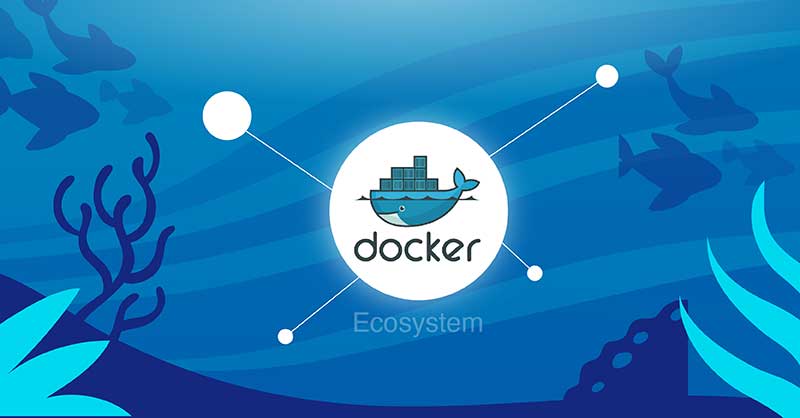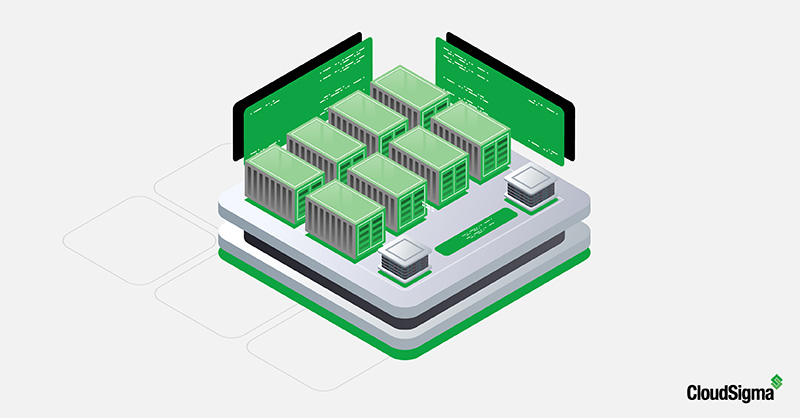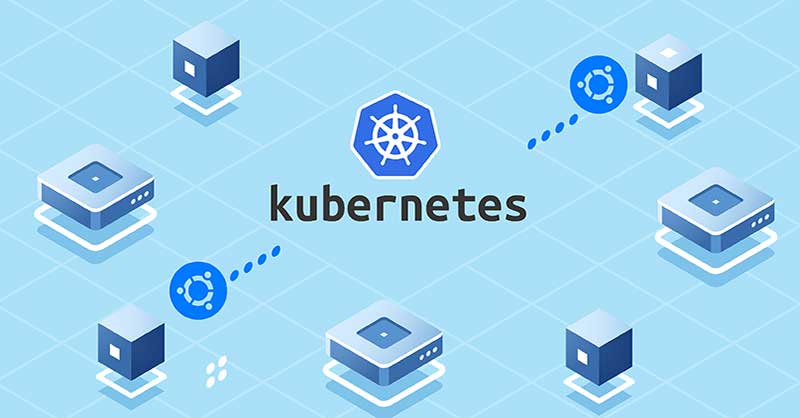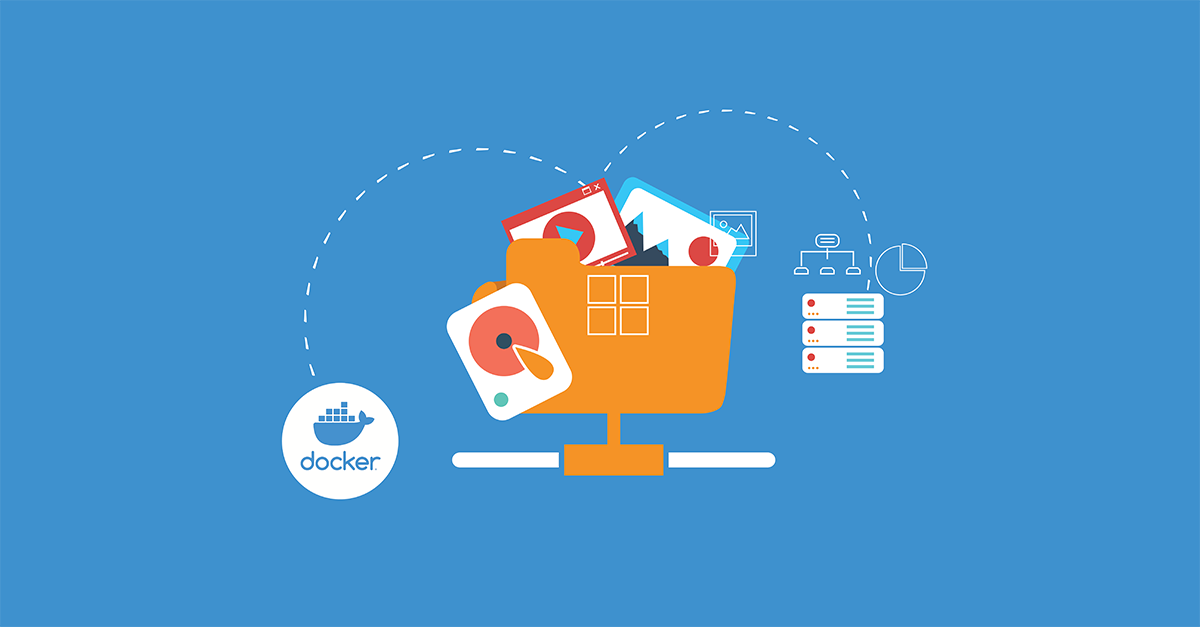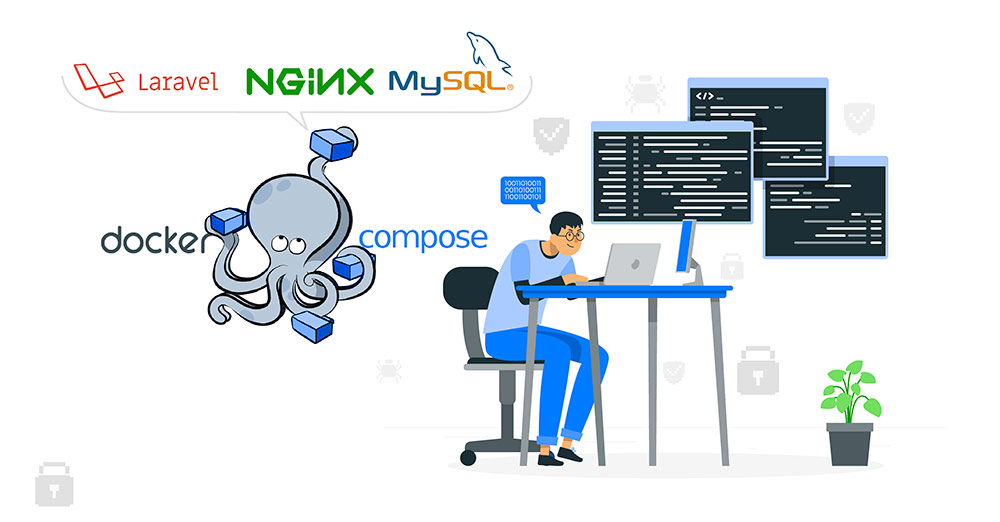Introduction Docker is a container platform that is a lightweight, virtualized, portable, software-defined standardized environment that allows the software to run in isolation of other software running on the physical host machine. Docker is a defining component of the Continuous Development and Integration aspect of Software Development. By providing a consistent run-time environment, Docker ensures that software behaves the same …
Setting Up a Private Docker Registry on Ubuntu 18.04
Introduction Docker Registry is a centralized application that handles the delivery and storage of various Docker container images. This collection of container images saves a lot of time for developers. Docker images provide the exact same environment as to how it was built using virtualization. Thus, building Docker images takes a good amount of time from developers. A good example …
How to Install and Use Kubernetes on Ubuntu 20.04
Introduction Kubernetes is an open-source tool that is crucial in container orchestration. Kubernetes works by orchestrating and managing clusters at scale across various cloud environments or even on-premise servers. A cluster is a set of hosts meant for running containerized applications and services. A cluster needs a minimum of two nodes to work – one master node and a worker node. Keeping …
How to Deploy a Node.js (Express.js) App with Docker on Ubuntu 20.04
Introduction Docker is a container platform that is a lightweight, virtualized, portable, software-defined standardized environment. It allows the software to run in isolation from other software running on the physical host machine. Docker is a defining component of the Continuous Development and Integration aspect of Software Development. It offers a lightweight alternative to virtual machines and allows developers to enjoy …
Facilitating Migration Across Cloud Platforms with Zero Code Change Deploy and No Vendor Lock-In: CloudSigma PaaS Guide
Vendor Lock-In Migration When it comes to making web-based applications, a lot of PaaS providers tend to make their developers use the Twelve-Factor App methodology. Other services will require you to build your application while keeping the requirements of immutable infrastructure, or proprietary runtimes and APIs in mind. In case you ever need to migrate from virtual machines to containers, …
How to Install and Configure Docker Compose on Ubuntu 20.04
Introduction Containerization has greatly picked up momentum in the software tech space over recent years. This can be attributed to Docker which is a container platform that simplifies the management of processes inside containers. Containers are lightweight, virtualized, portable, software-defined standardized environments that allow the software to run in isolation from other software running on the physical host machine. This …
What is Docker? An Overview of the Docker Ecosystem
Introduction If you dabble in the world of programming, then you may be familiar with the term ‘containerization’. If not, containerization is a process that helps make applications more manageable. It works by allowing the programmer to distribute applications in organic, portable packages. Each package is lightweight and isolated, complete with its own environment. These individual packages are known as …
Containerization Technology: Types and Uses of Different Containers on CloudSigma’s PaaS Platform
Container technology provides a way for you to package your applications. You can put it into individual packets that are functionally capable and independent. CloudSigma’s Platform-as-a-Service solution (PaaS) offers two different types of containers: system containers and application containers. Let’s explore what each of these are, how they work, and where you can use them. What are System Containers? System …
How To Create a Kubernetes Cluster Using Kubeadm on Ubuntu 18.04
This tutorial will guide you on setting up a Kubernetes cluster from scratch using Ansible and Kubeadm and further deploying a containerized Nginx application with it. Introduction Kubernetes (also known as k8s or “kube”) is an open-source container orchestration platform that automates many of the manual processes involved in deploying, managing, and scaling containerized applications. Kubernetes has a rapidly growing …
How To Share Data Between a Docker Container and a Host
Introduction Generally, Docker containers only run for a certain period of time – the time it takes to run the command. The data that is available inside the container can only be accessed from within the container during the runtime. Docker volumes can be used for accessing the files easily and storing them for a longer period. For example, if …
Installing and Setting up Docker on CentOS 7
Introduction Docker is a platform that makes running and managing application processes in containers easier. It provides a way to separate your applications from your infrastructure. Containers are very similar to virtual machines, but they are more portable, efficient, and easy to use. There are various ways to install Docker on Linux distributions. The most popular and easy way to …
Deploying Laravel, Nginx, and MySQL with Docker Compose
Introduction Continuous Integration (CI) and Continuous Deployment (CD) are some of the most trending topics in software development currently. To achieve the CI/CD aspect of software architecture, developers make use of containers. Containers are lightweight, virtualized, portable, software-defined environments. In containers, the software can run in isolation of other software running on the physical host machine. The focus of this …


